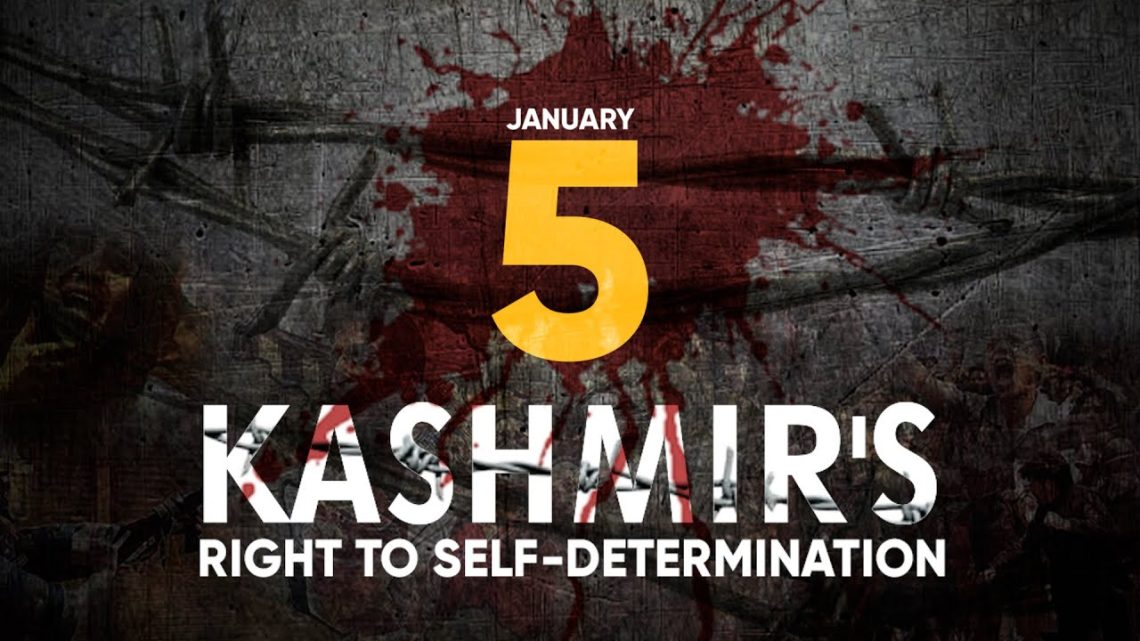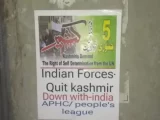
Kashmir Observes Right to Self-Determination Day on 5th January
January 4, 2024Kashmiris on both sides of the Line of Control and around the world are set to observe January 5th as the Right to Self-Determination Day, renewing their commitment to persist in their struggle until they attain this internationally recognized, inherent right. The All Parties Hurriyat Conference has called for the observance of this day, marked by diverse activities such as protest demonstrations, rallies, seminars, and conferences in Azad Jammu and Kashmir, Pakistan, and major global capitals. The primary aim is to remind the United Nations of its responsibility to implement resolutions addressing the Kashmir dispute, safeguarding Kashmiris from the brutalities imposed by the Indian government.
The significance of January 5th dates back to 1949 when the United Nations Security Council passed a resolution supporting the Kashmiris’ right to determine their future through a UN-supervised plebiscite. This resolution serves as the foundation for resolving the enduring dispute, which has escalated into a nuclear flashpoint in South Asia. However, India’s persistent obstinacy has impeded progress towards this goal. Unfortunately, the United Nations has fallen short in enforcing its resolutions, leading to prolonged suffering for the people of Kashmir.
The principles outlined in communications between India, Pakistan, and the United Nations Commission for India and Pakistan (UNCIP) on Kashmir, dating back to December 23 and December 25, supplement the Commission’s August 13, 1948 resolution. The UNCIP, comprising members from Argentina, Belgium, Colombia, Czechoslovakia, and the US, unanimously adopted the resolution on January 5, 1949. Despite this historical foundation, the UN has not taken substantive measures to implement the resolutions, leaving the situation in occupied Kashmir increasingly dire.
The plight of the Kashmiri people worsened after August 5, 2019, when the Narendra Modi-led Indian government revoked the region’s special status, stripping away fundamental rights and freedoms. Thousands, including All Parties Hurriyat Conference Chairman Masarrat Aalam Butt, Shabbir Ahmed Shah, Muhammad Yasin Malik, Aasiya Andrabi, and Nayeem Ahmed Khan, are languishing in Indian jails, while others face hardships due to Indian atrocities in the Indian Illegally Occupied Jammu and Kashmir (IIOJK).
The Modi regime deploys the Indian army and intelligence agencies such as RAW, Intelligence Bureau (IB), National Investigation Agency (NIA), Enforcement Directorate (ED), and State Investigation Agency (SIA) to suppress the people of IIOJK. It is a stark contrast to the instances of East Timor and South Sudan, where freedom was granted through a plebiscite, while the people of occupied Kashmir continue to grapple with Indian state terrorism. As the Right to Self-Determination Day unfolds, Kashmiris reiterate their plea for international attention and intervention to address their longstanding struggle for justice and autonomy.

